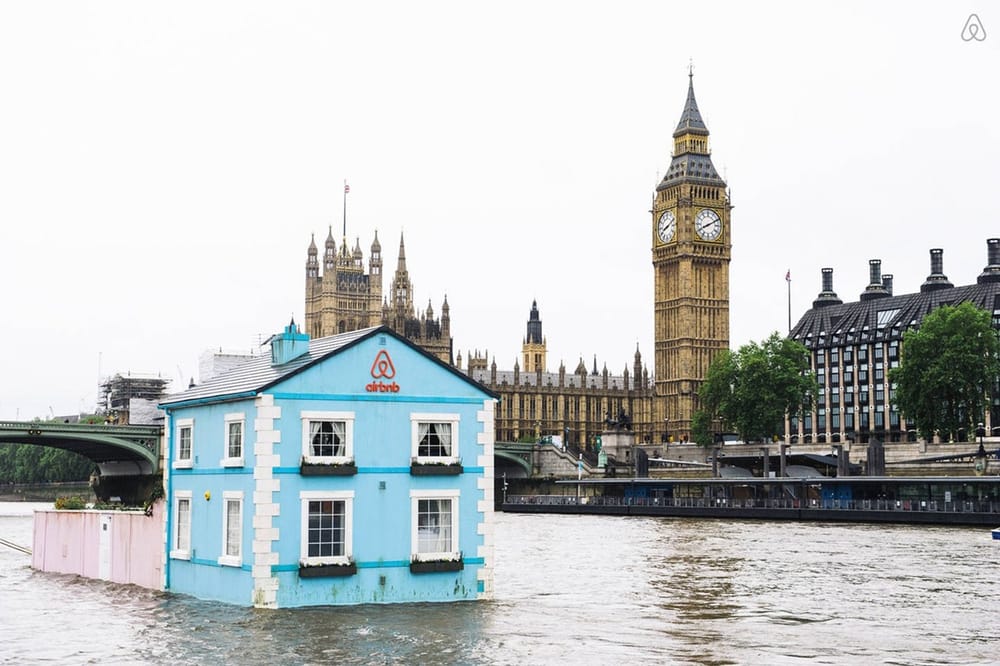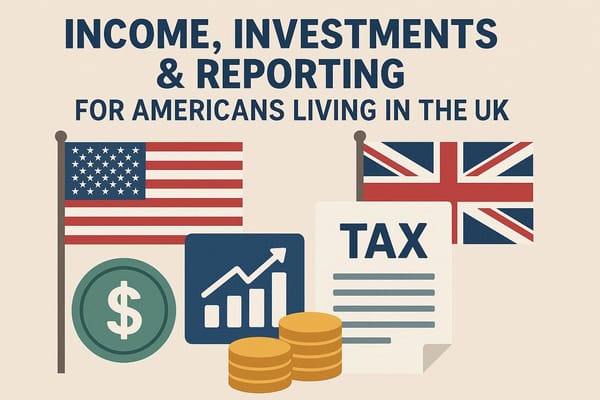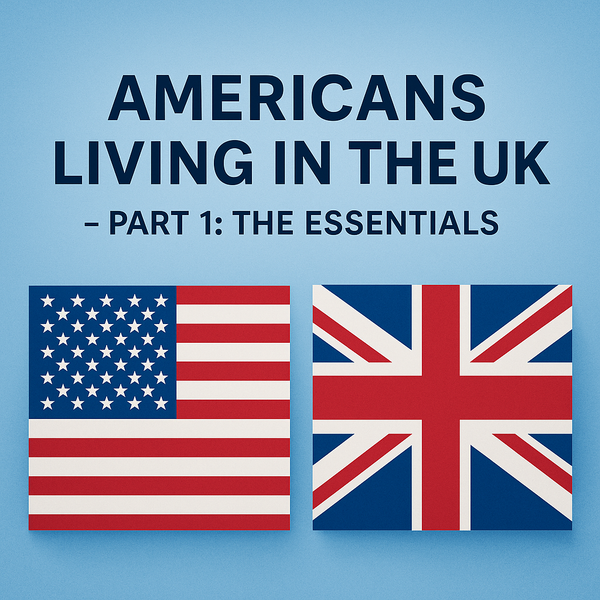The tax implications of using Airbnb in the UK
Airbnb is gaining in popularity every day. Just in London there are more 20,000 properties available on the Airbnb web site. With occupancy rates as high as 80% you might be tempted to convert your regular Buy to Let investment (BTL) into an short term let. While you will most probably increase your yields (yields are typically as much as twice what you can get on a regular BTL), doing so is fraught with risks that you need to be aware of.
The first question is to answer is if your property business qualifies as a Furnished Holiday Let (FHL). HMRC spells out the rules very clearly. In a given tax year, an accommodation qualifies for FHL if:
- The property is in the UK or the EEA and is let commercially (i.e. with the intention to make a profit)
- The total of all lettings that exceed 31 continuous days is less than 155 days
- The property is available for letting for at least 210 days in the year (excluding your days of occupancy)
- You have let the property as a furnished holiday accommodation for at least 105 days in the year (excluding periods let at reduced rate to friends or let for more than 31 days).
Please note that if your business is considered an FHL, the tax treatment will be different. And you cannot just opt for regular BTL tax treatment instead. Also, all your FHLs in the UK are taxed as a single UK FHL business and all FHLs in other EEA states are taxed as a single EEA FHL business (losses cannot be transferred from one business to the other or to any other business – no more sideways relief).
So here are the important points to consider:
1. Insurance
Whatever your business, it's important to have proper insurance. Most BTL insurances do not cover short term lets. While Airbnb provide some content insurance, they don't provide liability insurance in the UK. Finding an insurer that knows about Airbnb and agrees to insure short lets at a reasonable price is harder than what it should be, especially if the property is in London. That will change in the future but in the meantime that is the single best reason one would want to avoid Airbnb.
2. FHL vs BTL income tax differences
As a FHL you must still report revenue on the property pages of your tax return. The big difference between a FHL and a regular BTL is that expenditure on fittings, furniture and equipment (and certain integral features) qualifies for a 100% annual investment allowance (currently at up to £250,000 pa). A regular BTL business cannot claim capital allowances but on the other hand can claim wear and tear (10% of the annual rent).
3. Capital gains
Since FHLs are classified as ‘business’ assets they are therefore eligible for the following CGT business reliefs:
- Entrepreneurs’ Relief ~ resulting in a CGT reduced rate of 10% payable on any capital gains arising on the disposal of the property (up to a lifetime limit of £10 million)
- Gift Relief ~ which means that where a property is gifted the capital gain arising can be frozen and will only become liable to CGT on a subsequent disposal by the recipient.
- Replacement of Business Asset Relief ~ which allows a capital gain arising on the disposal of a FHL to be deferred by setting it against the cost of a replacement business asset acquired within three years of the disposal.
Please note that entrepreneur's relief is available if you make a disposal of business assets on cessation of business and if that disposal is material. That asset must have been owned for a least a year. One should be aware however, that if there are many properties, HMRC will argue that the business has not (partially) ceased, or that no material disposal has been made, thereby denying the tax relief.
4. VAT
Letting of residential accommodation is an exempt supply for VAT purposes. However, this exemption does not apply to holiday accommodation (includes FHL and non-FHL properties). Definition of ‘holiday accommodation’ for these purposes includes property that is advertised or held out as holiday accommodation and those consider suitable for holiday or leisure use. It is not restricted to periods of letting or availability. Supplies of holiday accommodation are therefore taxable supplies and should be standard rated which means that if the rental income goes above the threshold of £81,000 per year, you will have to register for VAT and collect VAT from your tenants.



